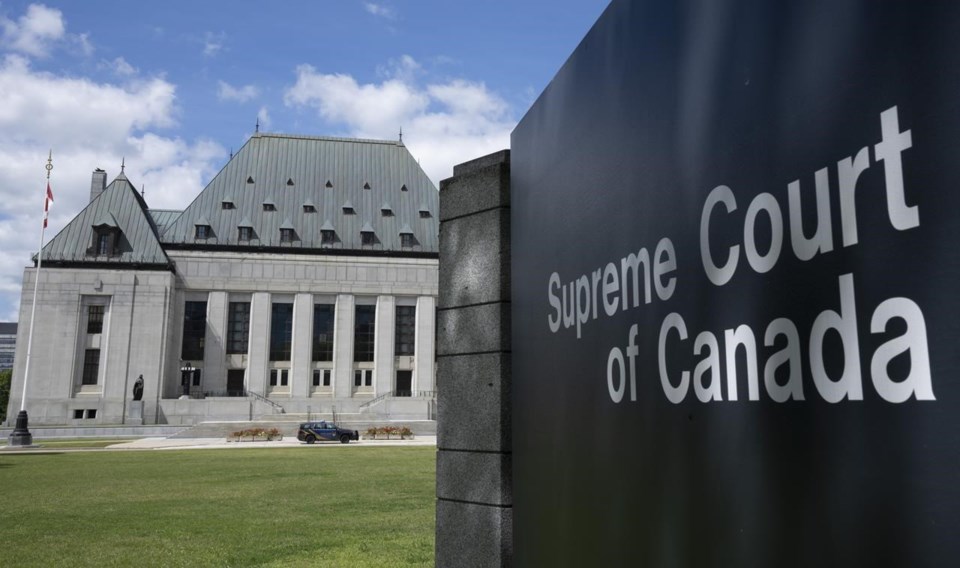Ontario Premier Doug Ford's government can keep marching orders to cabinet ministers confidential, the Supreme Court of Canada ruled Friday, marking an end to a long-running legal battle over access to the documents.
The CBC had asked – under the province's freedom-of-information law – for the letters written to ministers after Ford won the 2018 election, but the request was denied on the basis that releasing the documents would reveal the substance of cabinet deliberations.
The Information and Privacy Commissioner disagreed, ordering the government to disclose them, and two levels of Ontario courts also sided with the CBC.
But the Supreme Court ruled that the letters are exempt from public disclosure.
While the outcome was unanimous, one of the justices on the panel of seven who heard the case came to the same conclusion as the majority, but for different reasons.
"Freedom of information (FOI) legislation strikes a balance between the public’s need to know and the confidentiality the executive requires to govern effectively," Justice Andromache Karakatsanis wrote for the majority.
"Both are crucial to the proper functioning of our democracy."
Ford's government had contended that cabinet confidentiality, candour and solidarity are fundamental to a system where responsible ministers collectively decide government policy, but the CBC argued disclosure is key to an informed public and accountable government.
While there is no doubt that public access to government-held information is vital to the democratic process, Karakatsanis wrote, in this case the information and privacy commissioner interpreted the freedom-of-information exemption around cabinet deliberations too narrowly.
"In our constitutional democracy, the confidentiality of Cabinet deliberations is a precondition to responsible government because it enables collective ministerial responsibility," Karakatsanis wrote.
"At base, Cabinet confidentiality promotes executive accountability by permitting private disagreement and candour in ministerial deliberations, despite public solidarity."
The information and privacy commissioner found that the letters indicate topics that may have arisen during a cabinet meeting or may be considered at a future meeting, and represent the "end point" of deliberations, rather than the substance.
But, Karakatsanis wrote, the commissioner did not give due consideration to the impact that "premature disclosure of policy priorities at an early stage of the process may have on the efficient workings of government."
"Far from being mere 'topics' like items on an agenda, the Letters reflect the views of the Premier on the importance of certain policy priorities, and mark the initiation of a fluid process of policy formulation within Cabinet," the court wrote.
"The Letters are revealing of the substance of Cabinet deliberations, both on their face and when compared against what government actually does."
The Ford government did not provide any comment following the court's ruling.
Kathleen Wynne became the first Ontario premier to proactively disclose the letters, in 2014, with Prime Minister Justin Trudeau and several other premiers following suit.
The 2018 Ontario mandate letters themselves were made public in September after a source provided them to Global News.
Ontario's opposition leaders said Ford should have released the letters and keeping them secret suggests he has something to hide.
"It's clear that almost every decision that this Conservative government has made is in the interest of a select few of their friends – not the best interests of Ontarians," NDP Leader Marit Stiles wrote in a statement.
"This government wasted five years and huge amounts of taxpayer dollars to keep these documents secret."
Liberal Leader Bonnie Crombie said Ontarians deserve to know what the premier instructs his ministers to do.
"If this government were truly ‘for the people,’ this would include being for the people’s right to know what their government is doing," she wrote in a statement.
"Ontario citizens should be able to trust that their premier will act in the public’s best interest."
This report by The Canadian Press was first published Feb. 2, 2024.
Allison Jones, The Canadian Press


